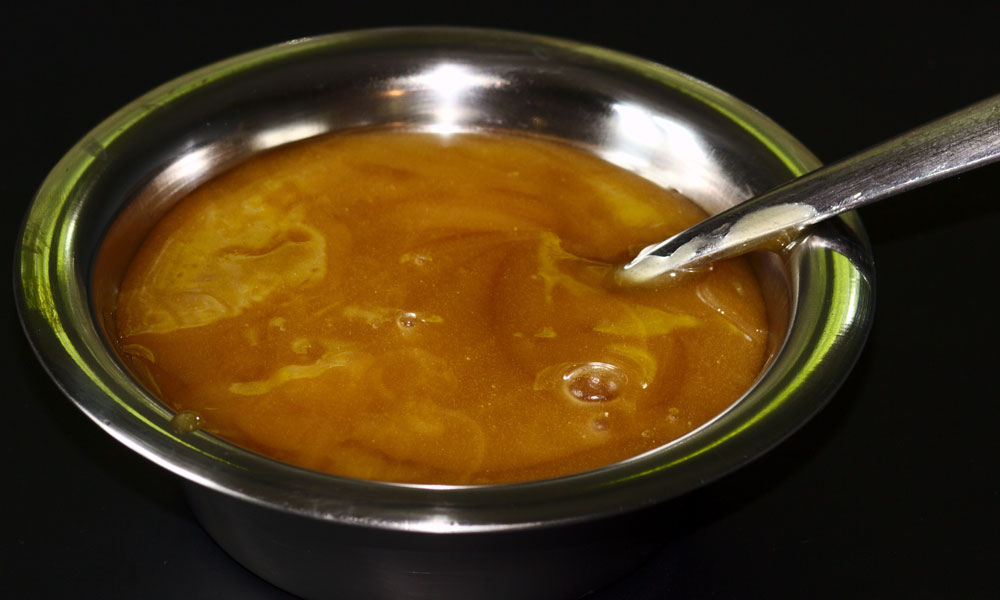
Honey Association Comes Out Stinging in Trademark Battle
With the support of its overarching association, processors of manuka honey in New Zealand are working to maintain the integrity of the product via a trademark battle. The saga is particularly frustrating for nearby Australia, which believes it also has a claim on the lucrative honey variant.
From olive oil to wine to cheese to soap, it’s not uncommon for manufacturers or individual regions to put their foot down in an effort to protect a homespun product.
You can add manuka honey to that list, but not everyone involved with the sweet substance is happy. Recently, the Unique Manuka Factor Honey Association (UMFHA) applied for a trademark on manuka honey, a variant associated with Maori culture. Now, member companies are calling for their peers to protect the name globally.
“The consumer expects that if it’s manuka honey, then it comes from New Zealand,” UMFHA spokesman John Rawcliffe told Bloomberg last week. “Manuka is a Maori word. We are aiming to protect it.”
The effort comes at a time when the honey, produced from the nectar of the manuka shrub, is having a moment on a global level. The costly honey variant is said to have health properties that traditional forms of honey do not, because it contains a chemical compound called methylglyoxal. Additionally, it’s said to have a complex flavor for a honey.
But while the manuka plant is common to New Zealand, it’s also common in some parts of Australia, which is why Australian beekeepers believe they can legitimately say that the honey is native to their country as well.
Trevor Weatherhead, the executive director of the Australian Honey Bee Industry Council says that the plant can be found in some parts of Australia, and that the term “manuka” has been in use in Tasmania for centuries.
“We have exactly the same plant that they have,” Weatherhead told Bloomberg.
But the Unique Manuka Factor Honey Association’s Rawcliffe is unconvinced by these points, emphasizing that the idea to sell the honey came from New Zealand.
“Whether it came from there or not is not the issue. The issue is these words, this research, this marketing position came from New Zealand and that for me is the key issue,” Rawcliffe explained in comments to Maori Television. “The consumer expects that and we need to protect that. (It’s the) same as Scottish whiskey and French champagne. I could take a few vines and plant in my backyard but I can’t call that French wine.”
(via Wikimedia Commons)






Comments